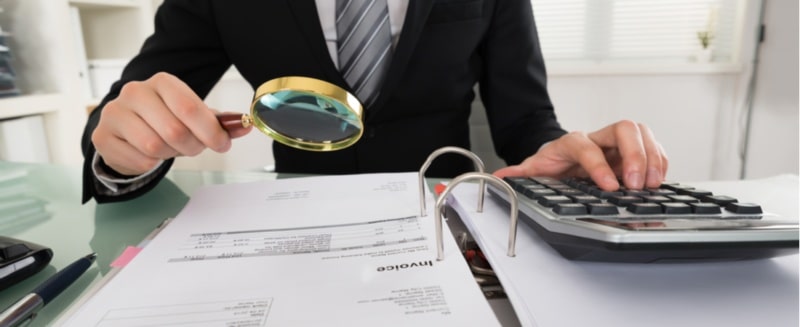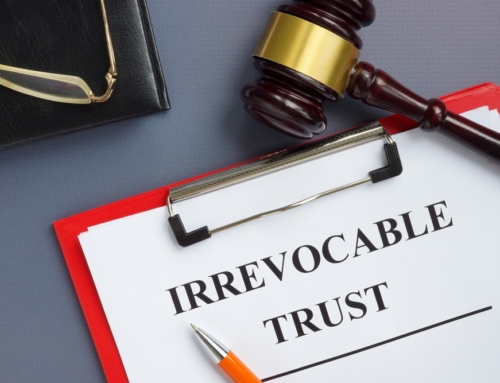The 2014 tax filing season is here, and you may be scrambling to gather the correct paperwork—especially if you were disorganized with your record keeping in 2013.
To ensure that you’re prepared before you head to your tax pro’s office or open your tax preparation software, review the list below and start collecting your paperwork as soon as possible:
Your W-2s. Gather all W-2s from all sources. Did your company change hands during the year? Be sure to get both W-2s. Also, think back: Did you have a different job early in the year?
Estimated tax records. If you pay estimated taxes quarterly, it’s important to pay enough and avoid penalties. You must pay taxes on April 15, June 15, Sept. 15, and Jan. 15. If you don’t pay by the due date, you may incur a penalty—even if you are due a refund when you file your income tax return.
Your 1099s. 1099s come in many flavors, so be sure to gather any that you need, including:
- 1099-MISC for self-employed folks
- 1099-C (or COD) for cancellation of indebtedness on mortgage or credit card debt
- 1099-INT for any interest income
- 1099-DIV for your dividends
- 1099-B for stock sales and barter transactions
Form 1098. If you own a home, you may receive a 1098 that tells you how much you paid in interest the previous year. This interest may be deductible.
You may also receive other 1098s, including a 1098-C if you donated a car or boat to a tax-exempt organization, a 1098-E if you paid interest on student loans, or a 1098-T, which tells you how much you paid in tuition for post-secondary education.
A schedule K-1. If you’re a shareholder in an S Corp, a partner in a partnership, or a beneficiary of an estate or trust, you’ll likely receive a K-1. You’ll probably receive it much later than other forms, though, because the entity—the partnership or S Corp, for example—needs to complete its tax return before it can issue this form to you.
Property tax statements. Your annual mortgage statement will tell you the amount of real estate taxes you paid in the previous year. You may only deduct the actual property taxes. Neither interest and penalties nor other assessments that are often included in your property tax statement are deductible.
Receipts for vehicle registration. Vehicle registration payments are deductible as long as the fee is based on the value of the vehicle instead of its weight. Additional fees for things like vanity license plates are not deductible.
Receipts for charitable donations. Be certain to have all of your receipts for any donations of $250 or more. You must have them in hand before you file your tax returns. People who made thousands of dollars of legitimate donations have lost the deductions because they didn’t request their receipts until they were called in for audit.
Naturally, there are many other things you will need (like copies of everyone’s Social Security cards and proof of date of birth). For more information about additional forms or papers that you may have to provide, consult with a tax professional.
Eva Rosenberg, EA is the publisher of TaxMama.com ®, where your tax questions are answered. She is the author of several books and ebooks, including Small Business Taxes Made Easy. Eva teaches a tax pro course at IRSExams.com and tax courses you might enjoy at http://www.cpelink.com/teamtaxmama.
[amazon_link asins=’1524763438,B01KRDMYQW,B00FU3ZKN4,B01LXXM5EK’ template=’ProductCarousel’ store=’thinkglink-20′ marketplace=’US’ link_id=’5f9c0173-f0ac-11e7-a285-d95f18f401c4′]






